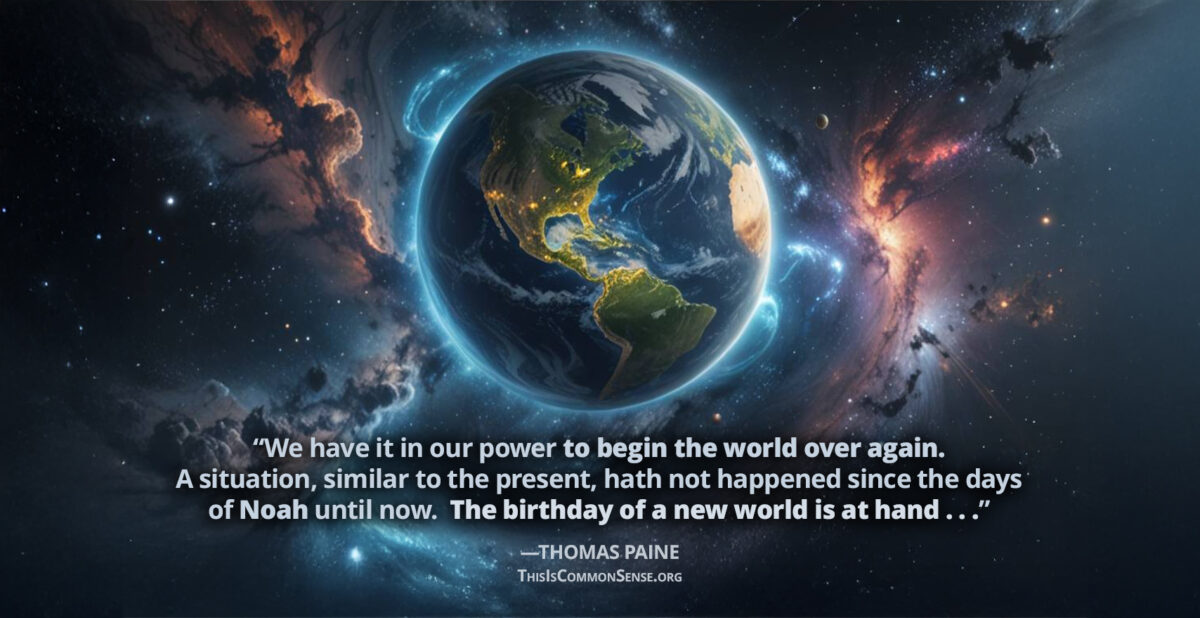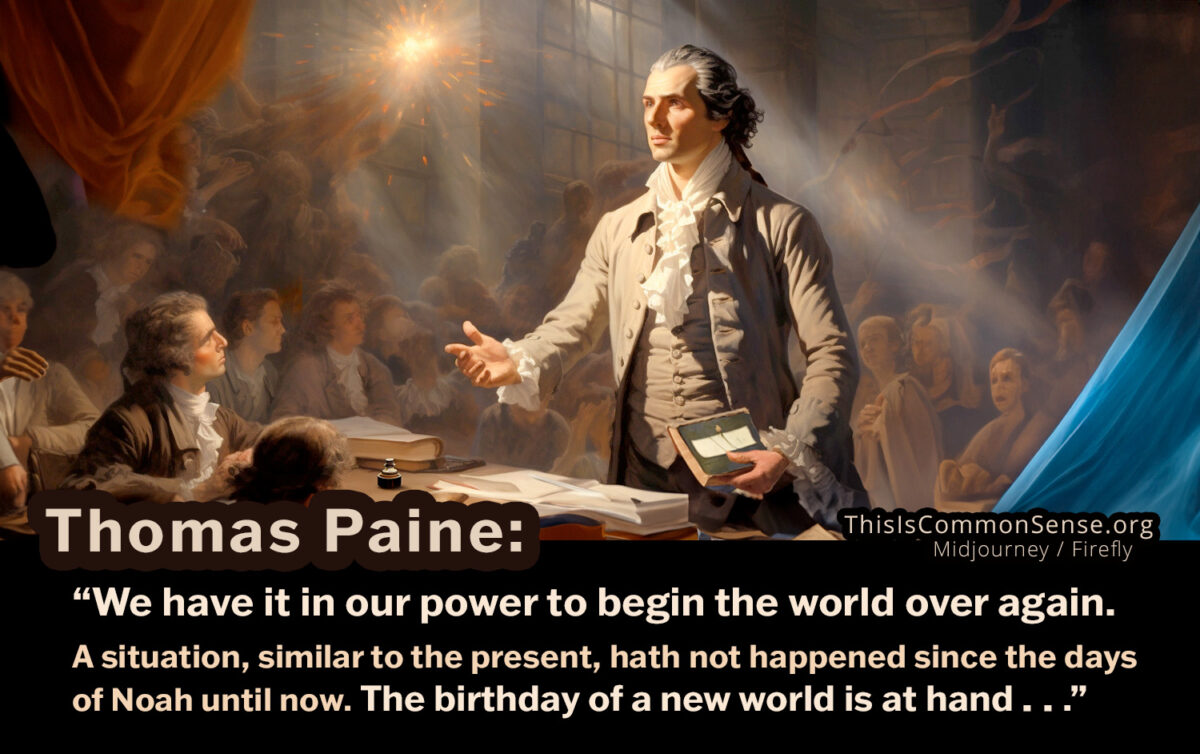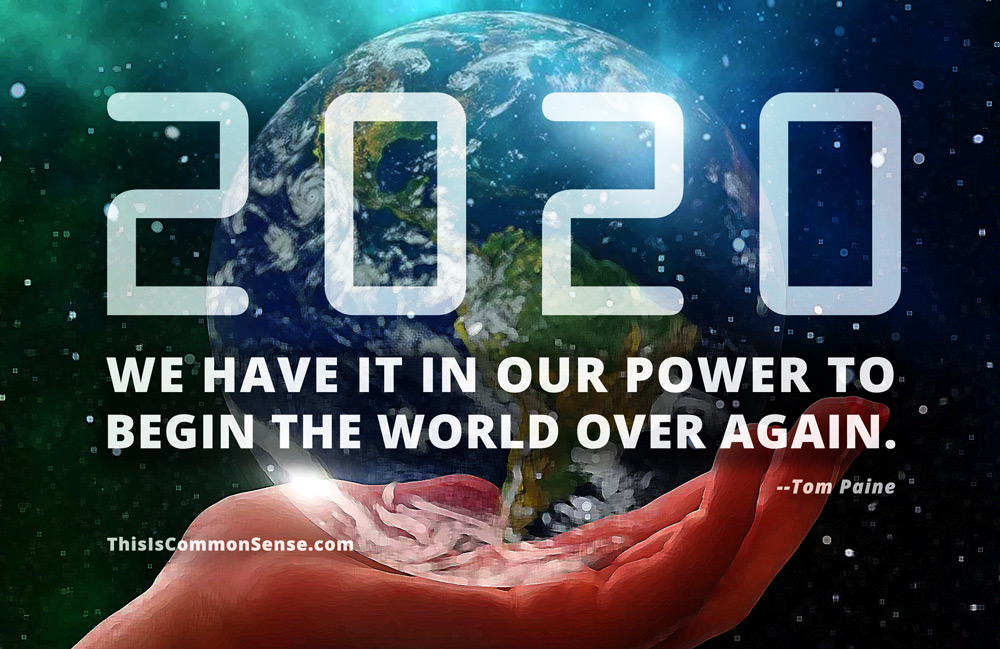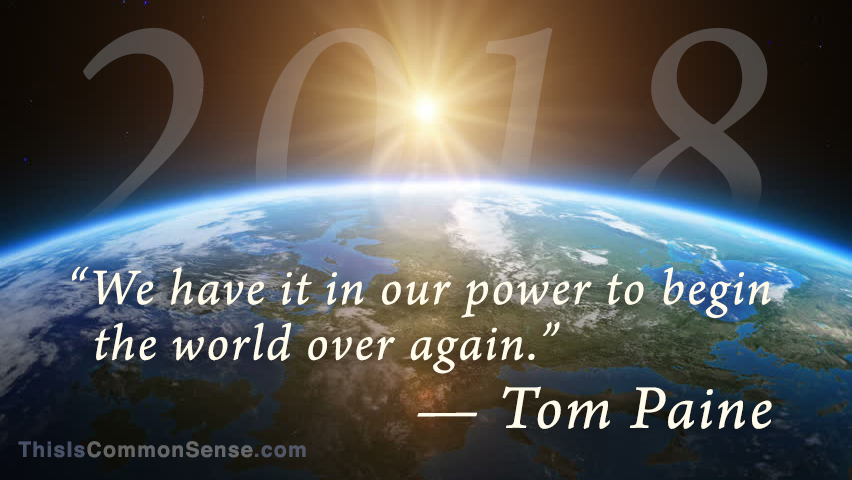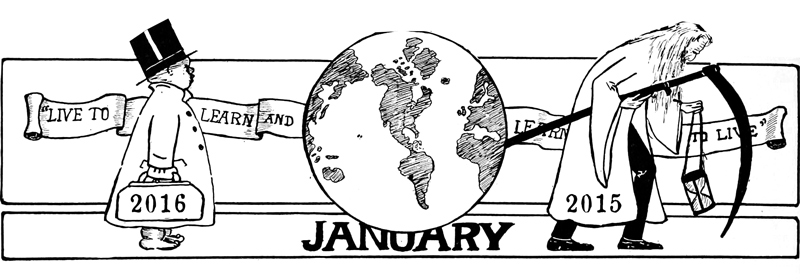Another New Year.
Should I have used an exclamation point? Shouted out the calendrical truth?
When each new year brings the same old nonsense, an exclamation point seems a bit like overkill. British novelist E.M. Forster famously said that democracy was worth “two cheers, not three.” Does a new year deserve at best half an exclamation?
After all, there will be many repetitions in 2013 of what we saw in 2012.
Incumbent politicians will just “happen” to throw up hurdles, making initiative measures harder to put on the ballot as well as more difficult to pass. They will also continue to support “campaign finance” regulations that will “just happen” to make incumbents more likely to get re-elected.
And of course they will continue to heap scorn on, and oppose any way they can, term limits.
Further, their tendency to avoid properly dealing with unsustainable government worker pension programs set to unravel in too many states and localities, will still continue, up until (and past?) the last possible moment for reform.
Similarly, the national debt will grow. Politicians will still get away with calling slight reductions in expected spending increases “spending cuts,” even when spending continues to soar.
But hey: at some point the politic avoidance of responsibility will evaporate when the economy these fools are driving hits the proverbial wall.
Before that happens, it sure would be to our advantage to take over our own government, wresting power away from politicians and creating real measures of accountability. We’ll need democratic tools like initiative and referendum.
Three cheers for citizens who take the initiative … and a few unashamed exclamation points!!
This is Common Sense! I’m Paul Jacob.
